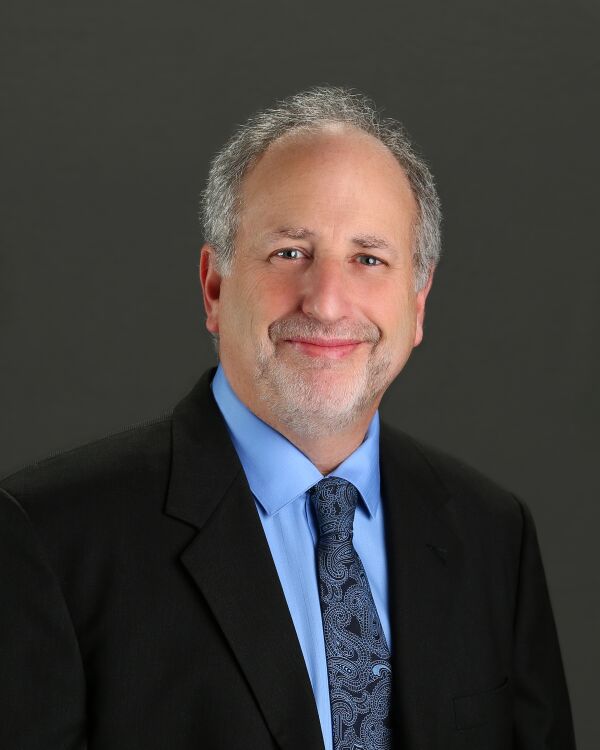- About Us
- Events & Training
- Professional Development
- Sponsorship
- Get Involved
- Resources
March/April President’s Message: Can we regulate happiness?Rick discusses how an applicant’s version of the perfect community may bump up against a jurisdiction’s adopted zoning.
Several years ago, I reviewed an application for an alternative land use development from an idealistic group of community members who wanted to create a project that would be environmentally neutral, inclusive and intentional. The desire of these applicants to achieve these goals significantly pushed the envelope of our jurisdiction's adopted zoning, health, and building codes. As you can imagine, issues like the group's desire to not connect to municipal sewer, water or stormwater facilities, the proposed establishment of centralized common areas and detached bedrooms (without bathrooms or cooking facilities) and the applicant's desire to organically determine land uses as the community evolved presented a number of "square peg in a round hole" issues with our code. I'm happy to say that we were able to accommodate or adapt many of their requests in a way that preserved their intent but allowed the approval to be consistent with applicable codes. While as planners we were able to get the regulatory framework sorted out, the group continued to further evolve their internal rules. They were committed to increasing the opportunity for their new neighborhood to "gel"' and wanted to exclude issues that potentially could cause friction between neighbors. These issues which included requiring community involvement (mandatory attendance at weekly community events), the use of alcohol at gatherings and group meetings (allowed or not?), noise levels (should residents have speakers or use headphones?) and clothing options (required?) warranted detailed (and lengthy) scrutiny and discussion. Even allowable pets were considered - with a limitation on dogs (but not cats) established for the overall project. I also believe that every resident was allowed 2.5 pounds of pet. Apparently, you could consolidate unused pet poundage to accommodate your desire for a larger dog. I'm not sure that all of this additional rulemaking allowed for folks to be happier in their new neighborhood than others who followed a more conventional path. From what I have observed, projects like the one that I described and other similar approaches have generated their fair share of internal friction too. I guess it is fair to say that people (and neighborhoods) are imperfect. However, as planners we can and should develop and include standards and requirements that improve the likelihood of more social interaction (front porches, common spaces, etc.) and physical activity (parks, sidewalks, bike lanes, etc.) which countless studies indicate can make us happier if we use them. In the end, planners may help set the stage - but people are the actors. People need to make people happier. Crafting additional rules may be appropriate to define limits concretely and protect folks, but it will never replace the need for people to talk to each other about issues and work to resolve them. Perhaps the ability to successfully work through problems together is a contributor to the happiness of a community. Nominations Service to our communities and profession is one of the basic tenants of our organization. I'd urge you to consider stepping forward and serving either on a state-wide or section level. Your participation is important and will be valued. The Chapter (APA WA) and several of its sections have a number of open positions in 2018. If you are interested in self-nominating or would like to nominate another planner, please submit your nominations by May 15. Meeting Locations We hold quarterly Board meetings to advance the work being done by our Chapter. In the past, the Board has tried to acknowledge the locational diversity of our members. This year we have held meetings (or have meetings scheduled) north of Everett at the Tulalip tribal center, south to Olympia for our June meeting, east to Spokane for our Fall meeting (and Annual Conference) and in Seattle for the Winter meeting. In-person attendance has been limited, with many more participating electronically than in person. We are evaluating whether we continue this approach or find a centralized Seattle location that perhaps can accommodate enhanced video telecast. The Executive Board is interested in your thoughts on this. Please e-mail me at [email protected] |


